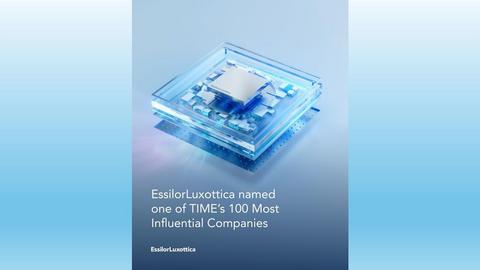Companies news
The Matcha Initiative: Meet Our Sustainability Experts

Virgile is an academic researcher who works for the CNRS (France) and the National University of Singapore. He heads an international collaborative lab between Singapore and France at the mechanobiology institute.
He is also in charge of the transition towards more sustainable practices in the lab and in the institute. He has already implemented various actions covering energy efficiency, consumables usage reduction, waste management...
Tell us more about your sustainable journey in your lab? Why did you start it?
Researchers have been alerting the public for almost 50 years about climate change and the dangers of an unsustainable economy. Strangely enough, these alerts have hardly percolated in the everyday practices of academic research. Academic research has gone the same way as commercial firms: trying to maximize the outcome in terms of discovery … at any cost.
For example, in biology, the use of consumables has incredibly boomed over the last 2 decades, energy consumption is not considered an issue and common practices are only judged based on efficiency and safety. My group, alongside others, has decided to « study » by implementation how our basic research can be practiced in a more sustainable way.
What were your challenges at the start?
The challenges started by bringing a group of people around us who believed that greener research practices are a valuable goal. You will be surprised to see how conservative the research community is on that topic when you would think we could be mentally agile. The first thing was to convince people that changing habits will actually benefit their work.
We had to find the right arguments. And we came up with the following:
- Dig out the electricity bills and compare the institute's consumption to that of a car factory. When we realized that we were spending half a million dollars a year in utilities, it was easier to convince group leaders that an effort had to be made to reduce it and spend this money on real research.
- Make the “green initiative” a source of profit for the lab by writing study papers about it. We gave a goal and a value to the efforts beyond bioethics considerations.
- Constantly remind people about the new practices. This is the hardest in a way since too much promotion would diminish its reach and too little would see the initiative die at its start.
Which processes did you follow to green your lab?
We initiated a monthly meeting with volunteering people from all divisions (labs). Together, we identified the aspects of our daily organisation that could be altered to become more energy efficient. We classified the actions as easy, intermediate and hard to implement. We then split into task forces to implement the easy targets in each of the categories we defined.
This alone encountered some resistance from the rest of the labs. We held a series of short presentations to explain the targets and to convince people. Easy actions started from simple air-conditioning policy, computer and server access, usage of consumables. We monitored the progress by setting ourselves quantifiable goals (eg: number of used pipettes, electricity bill graphs) that we measured and reported every month at the meetings. More in-depth changes were being started when the COVID19 crisis stroke.
What do you do specifically in terms of energy savings?
We identified the largest consumption sources: air-conditioning, data storage servers and thermoregulators (fridges and Microscopes).
The fridges' temperature was raised by 5 degrees with no alteration of the sample conservation as many studies have shown. Microscope heaters were turned off. Data storage was purged of unused data that represented about half the capacity. We split between fast access and slow access data too.
Lastly, the air-conditioning policy was revised. The first measures lead to approximately 20% energy savings.
What are you most proud of?
To have initiated the greening of the lab. I hope it will become part of our daily life since it forces us to reflect on what, how and why we do what we do. I believe it is a very important attitude to have in general and in science in particular.
Just as a side story, our first and most obvious victory was to change the coffee machines in the labs from automated paper cup dispensers to semi-automated espresso machines. We saved S$ 15K a year, got better coffee and an excellent occasion to debate about going green.
We will now try to redirect this money to sponsor the work of a grad student.
What would be your top 3 advice to The Matcha Initiative (TMI) users?
- Be determined but patient. You will face unexpected roadblocks. All can be overcome.
- Make sure you receive support from your hierarchy. Make sure they truly empower you with what it takes to make changes.
- Let people know about your actions. Convince them with numbers and set deadlines. Procrastination is a powerful foe.
How could you help The Matcha Initiative (TMI) users?
- Case studies and experience sharing (preferably to SME or R&D labs)
- Knowledge sharing
Virgile kindly accepts to answer your questions.
If you need additional insights, you can send him a message.


